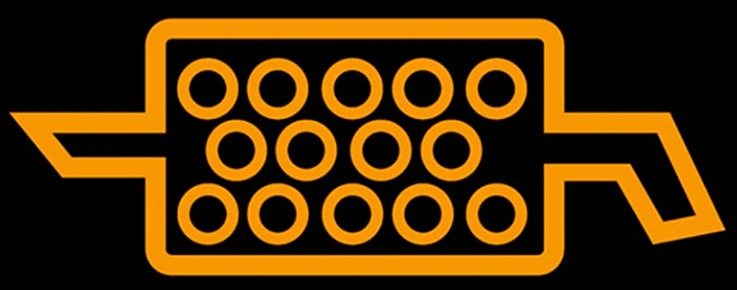
If your warning light continues to stay on, turns red, or additional DPF lights come on, do not leave it too long before getting it checked out.
More damage can be caused this way and what could be an inexpensive fix can become something much more expensive.
Some garages can clean blocked DPFs, in a process called forced regeneration.
This usually costs around £100 and, while it’s not a 100% guaranteed fix, it’s usually successful in removing the excess soot and allowing the DPF to work and automatically regenerate again.
It’s a failure to correctly regenerate that is the cause of most diesel particulate filter issues: they become blocked, which increases exhaust emissions, stifles engine performance and sometimes even puts the car into a restricted ‘limp-home mode’.
On some models the engine may not restart after a number of miles – again, consult your handbook for details.
Modern diesel car owners thus need to be conscious of the importance of maintaining their diesel particulate filter through driving habits and practices.
A diesel particulate filter check has been part of the MOT test since February 2014. If a filter has been removed, the car will fail its MOT.
Removing the DPF will sometimes cause the warning light to glow – and this itself is an MOT failure point: no dashboard warning lights should remain on during the test.
Diesel particulate filters are very expensive. A new one from a car manufacturer can cost £1,000 to £3,500, potentially wiping out the cost savings associated with driving a diesel.
As cars age, the cost of the replacement DPF could be more than the value of the car – and it is older, higher mileage cars that are most likely to require a new DPF.
There are now other suppliers of diesel particulate filters that charge less, but be careful here: they must still have the correct Type Approval or they may not work correctly and end up costing you more in repairs.